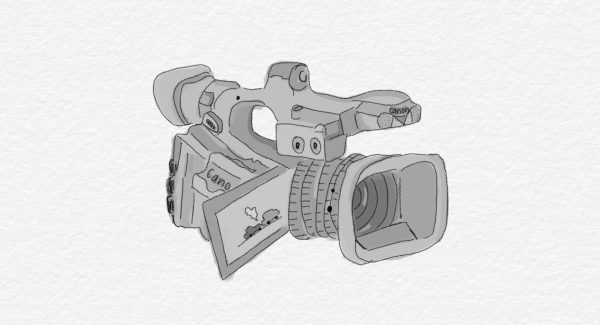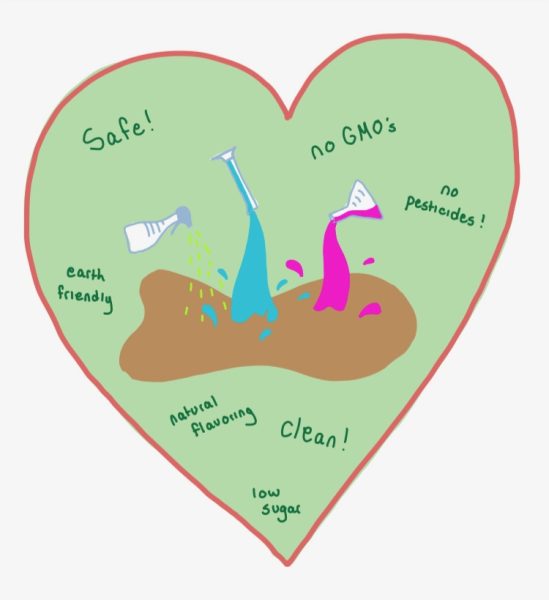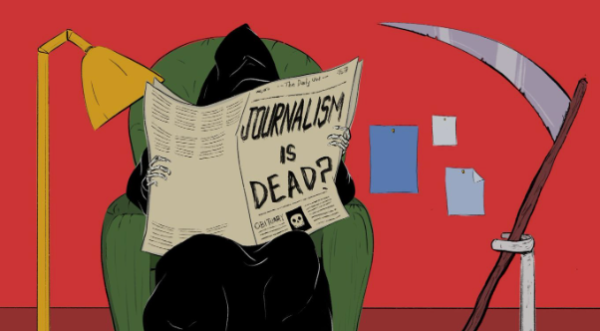Starving NCAA Athletes Should Be Able To Accept Sponsorships
May 16, 2014
The National Collegiate Athletic Association (NCAA) sports take up a large amount of an athlete’s time and it would be ridiculous to balance these higher division athletics with a job. Yet for over a decade, the NCAA has had strict rules against accepting sponsorships and/or tournament winnings. College students have been unable to benefit financially from the hard work they put into their sport because it would make them ineligible to compete for the college they are attending. Students who participate in college athletic competitions work tirelessly for their sport and it is unfair for everyone involved, the NCAA, coaches, and colleges to receive financial gains instead of the athletes. The NCAA must allow athletes to accept reasonable sponsorships because it is unfair for the players.
On April 7 2014, in Arlington, Texas, yet another season of college basketball came to a close. According to CNN, the NCAA recently signed a $10.8 billion broadcasting deal with Turner Broadcasting System and CBS in order to broadcast March Madness. This contract is set to last for the next 14 years. Furthermore, the college sports industry as a whole is estimated to gross around $11 billion dollars a year. University of Connecticut (UCONN) guard and tournament MVP Shabazz Napier explained that there are some nights when he goes to bed hungry. There are plenty of restaurants that are willing to give collegiate athletes food, which would make the solution appear simple enough. However, the NCAA’s rules in reference to accepting sponsorships are extremely strict, stating that “student-athletes shall be amateurs in an intercollegiate sport, and their participation should be motivated primarily by education and by the physical, mental and social benefits to be derived.”
It is not fair for the NCAA, a nonprofit organization, to make so much money compared to the college athletes. It is hypocritical for the NCAA to be making such huge profits and to then criticize players for wanting a fraction of the financial gains they could acquire in this sport. There is so much money to be gained in this sport and the athletes make these sports possible.
According to USA today, the average annual salary of a head coach at a major college is $1.64 million. It is absurd that players are not able to benefit financially because the players are the ones who do all of the hard work and make the games worth watching. The athletes should not be the only people unable to benefit for the countless hours that they have put into their sport.
The reason that these rules and regulations have been applied to collegiate athletes is that the NCAA wants college sports to remain at the amateur level and not professional because they feel that student athletes are, first and foremost, students. The acceptance of sponsorships should not dictate what qualifies as amateur and it is unfair for the NCAA to benefit but not the athletes involved. For example, college sports merchandise such as jerseys are sold to fans and none of the profits are given to the players even though the players are who the fans are really supporting. The NCAA makes grotesque revenue as a nonprofit organization and their rules of amateurism are only hindering college athletes.
College athletes are moving toward change on their own. On April 25 2014, football players at Northwestern University cast a vote on whether or not they would form a union. The National Labor Relations Board in Chicago ruled that it was the students’ right to form a union because it viewed the players as employees. The formation of a collegiate athletics union would create bargaining power for the players and they would finally be able to gain financial benefits. As a result, more players may be drawn to the NCAA because of how lucrative it could be which would raise competition and increase the overall quality of the sports.
The NCAA is making substantial revenue because of collegiate athletics; however, student-athletes are still failing to benefit from this lucrative business. The NCAA ought to change their policies to allow college athletes to benefit from their own hard work. If the amateurism policies in the NCAA were changed, student-athletes would be able to receive the money that they deserve. Moreover, if college sports became more lucrative, it may draw more interest in the sport and create a greater pool of people, greater competition, and, as a result, better players. Not only will this change ensure that student athletes will have the essential funds for college life, but it will also increase the overall quality of NCAA competition.





















